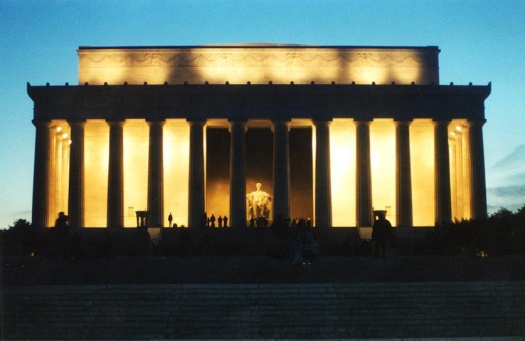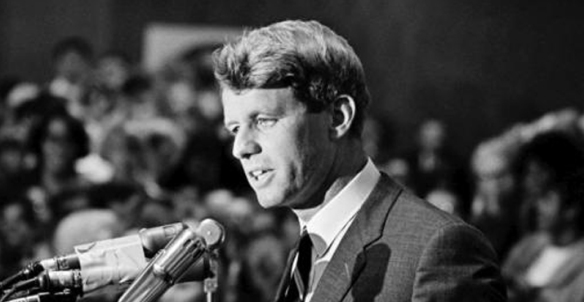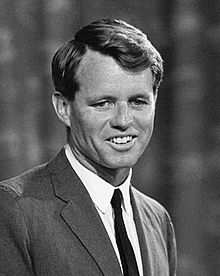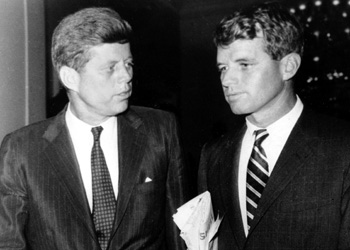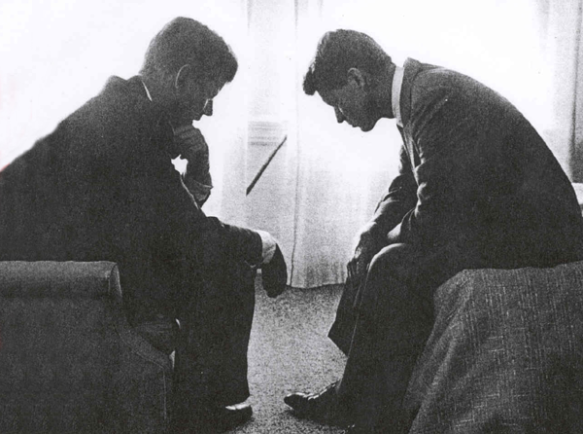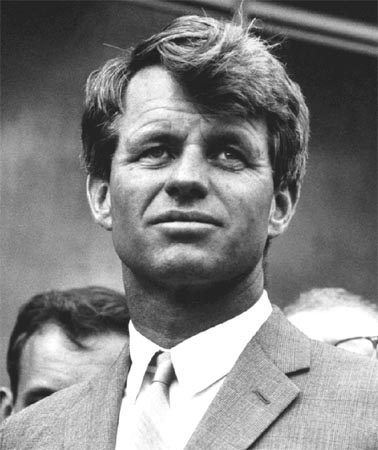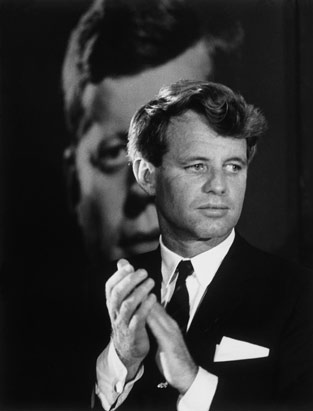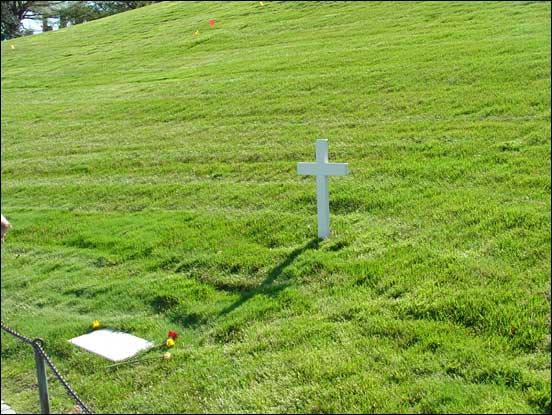Today is the 150th Anniversary of one of the saddest days in American history.
The previous evening, April 14, 1865, John Wilkes Booth had shot President Abraham Lincoln in the back of the head, mortally wounding him.
The President, however, lingered for several hours, during which he occasionally stopped breathing, only to fitfully restart.
It was, however, not until 7:22 am on April 15, 1865, that Lincoln died. At that moment, Secretary of War Edwin Stanton, who had attended Lincoln throughout the night, said, “Now he belongs to the ages”, and lamented, “There lies the most perfect ruler of men the world has ever seen.”
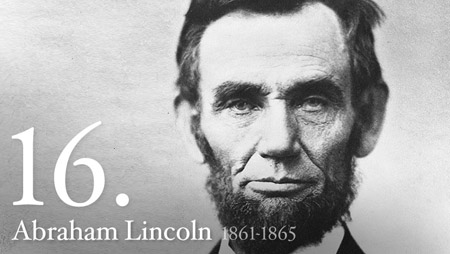 Lincoln was the first of four American presidents to be assassinated.
Lincoln was the first of four American presidents to be assassinated.
On July 2, 1881, just 16 years after the death of Lincoln, our 20th President, James A. Garfield, was shot by Charles J. Guiteau. Garfield lingered for two-and-a-half months before dying on September 19th, 1881.
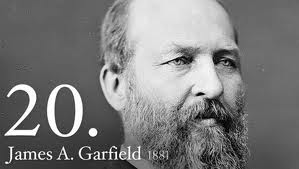 The third presidential assassination in just 36 years occurred on September 6, 1901, when 25th President William McKinley was shot Leon Czolgosz while attending the Pan American Exposition in Buffalo, New York. McKinley died on September 14, 1901.
The third presidential assassination in just 36 years occurred on September 6, 1901, when 25th President William McKinley was shot Leon Czolgosz while attending the Pan American Exposition in Buffalo, New York. McKinley died on September 14, 1901.
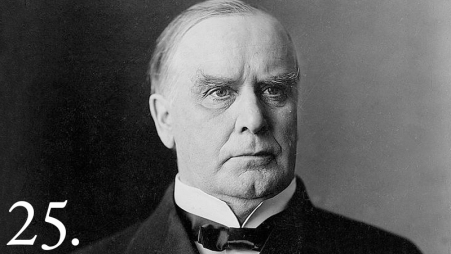 The fourth president to be assassinated, of course, was John F. Kennedy, who was shot and killed by Lee Harvey Oswald on November 22, 1963, in Dallas, Texas.
The fourth president to be assassinated, of course, was John F. Kennedy, who was shot and killed by Lee Harvey Oswald on November 22, 1963, in Dallas, Texas.
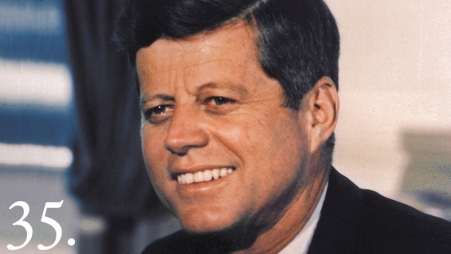 I have previously blogged about the Kennedy assassination here:
I have previously blogged about the Kennedy assassination here:
https://freelegaladvice.wordpress.com/2013/11/22/jfk/
The murder of Abraham Lincoln had far-reaching consequences, the full extent of which it is impossible to know. Suffice it to say that the reunification of the country, the reconstruction era in the South and, in fact, race relations and civil rights for the next century or more were all adversely effected by Lincoln’s death.
It is the general consensus of presidential scholars and other observers that Abraham Lincoln was the best of all American presidents, a judgment with which I agree:
http://en.wikipedia.org/wiki/Historical_rankings_of_Presidents_of_the_United_States

